Ecological and Social Costs of Cotton Farming
$ 24.99 · 4.6 (581) · In stock
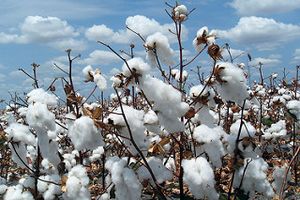
In today’s age, cotton is one of the most versatile crops that the earth has to offer. Many of us are familiar with the usage of clothing in cotton, but cotton is also used in beauty products and food products as well. Look at the clothes that you are wearing right now, a majority; if not all of it is made out of cotton material. Cotton is favorable in clothing because of its softness, durability, and insulation characteristics. The leftover cotton seed can be used to make cottonseed oil and cotton meal. The oil can be used in cooking, such as deep frying foods or used in salads as a dressing. If not used in cooking, cottonseed oil can also be used to make tons of oil-based products such as soap, candles, or even cosmetics. Cotton meal is rich in protein and is used for human consumption or for animal fodder. These cotton products and byproducts are used by people all around the world, the amount of cotton consumed must be insane! The growth of cotton takes up approximately 2.5 percent of the world's cultivatable land across 85 different countries. During the year of 2015 to 2016, the world consumed a staggering amount of 24.2 million metric tons of cotton. This includes uses of cotton in all its forms. However, with the good comes the bad and although cotton has a ton of benefits, it also carries many social and environmental drawbacks.
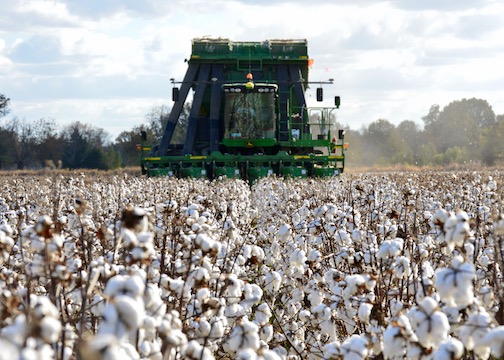
Arkansas Cotton, Commercial Row Crops

Sustainability assessment of sanitary pad solutions to reduce
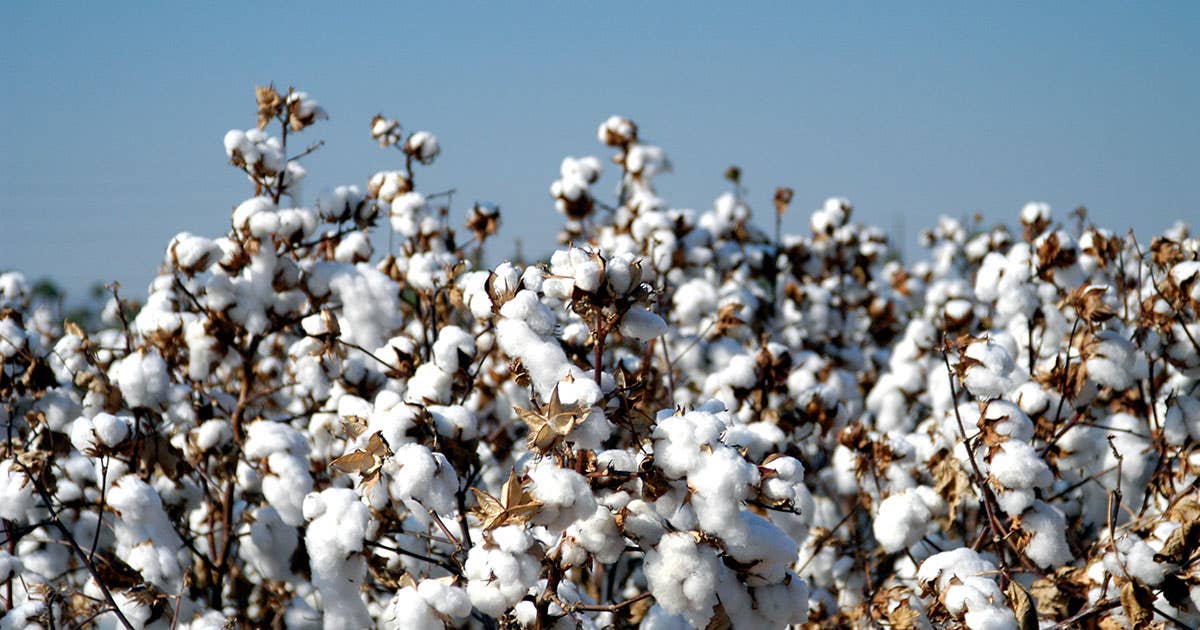
What is the environmental impact of growing cotton?
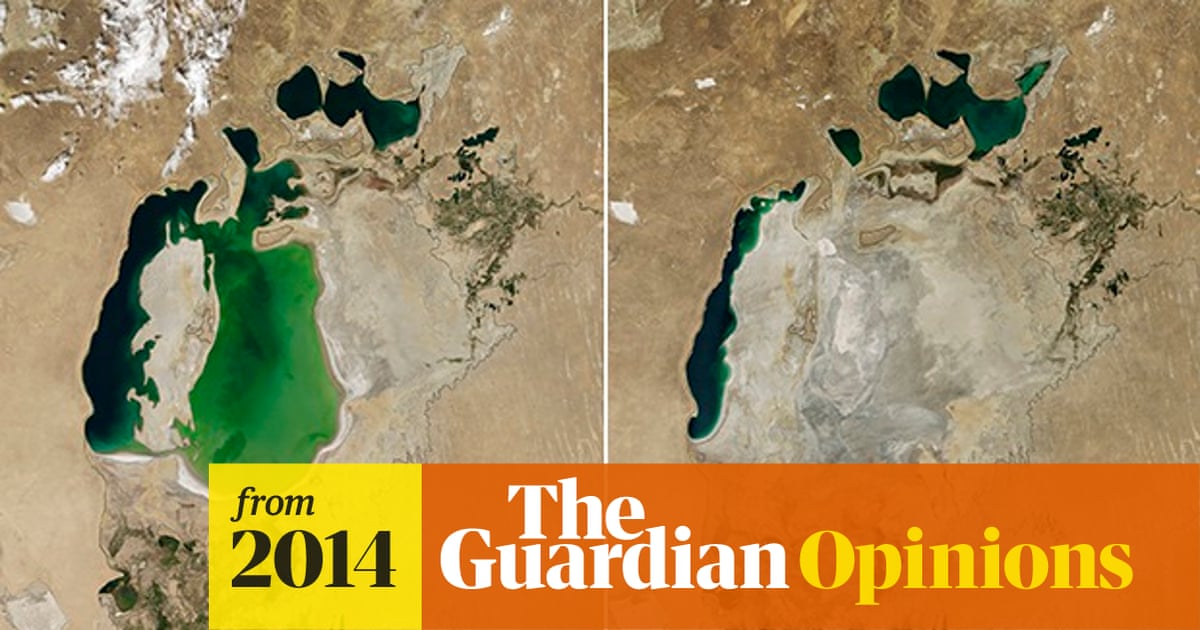
Cotton production linked to images of the dried up Aral Sea basin, Guardian sustainable business

The Environmental Cost of Cotton, Blog

Environmental impact of fashion - Wikipedia

Hemp vs cotton and polyester: which is more sustainable? – JoDope

Environmental Impact of Cotton from Growing, Farming & Consuming
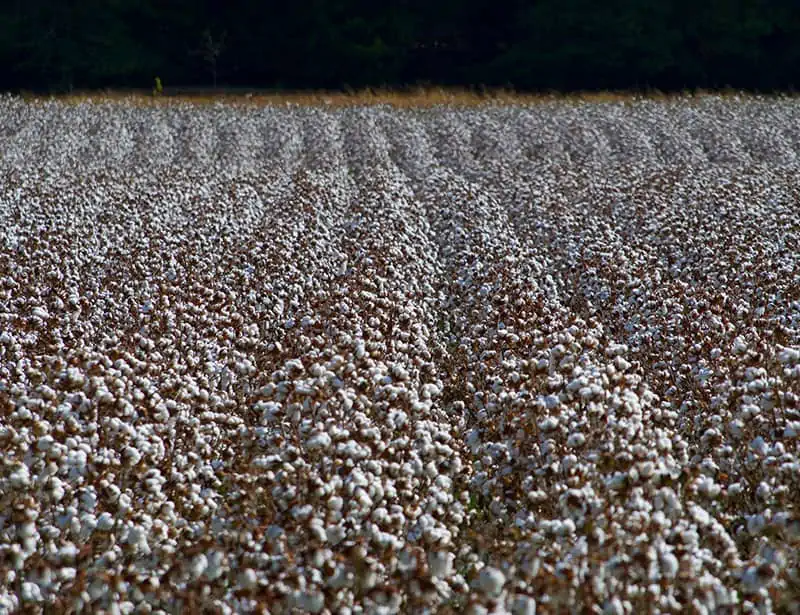
Environmental Impact of Cotton from Growing, Farming & Consuming
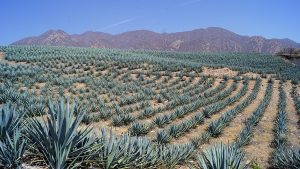
Case Studies Open Case Studies

An example of a cotton processing/supply chain. Production or farm